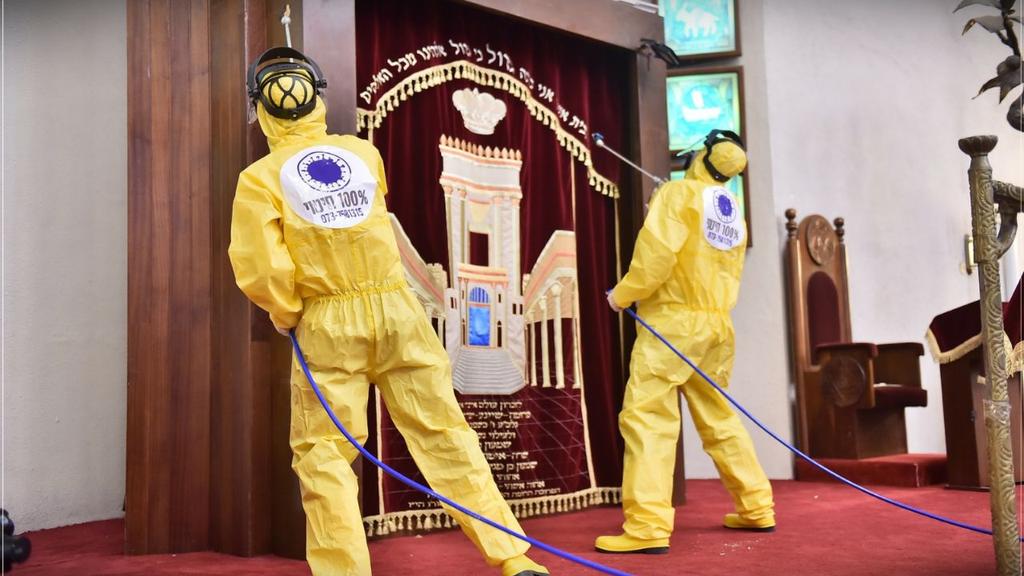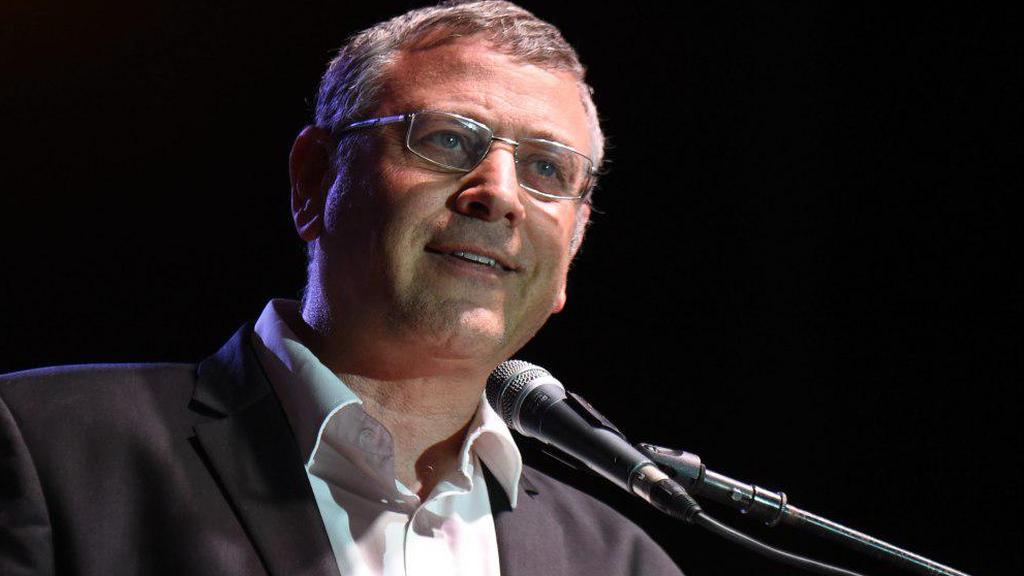Getting your Trinity Audio player ready...
The ultra-Orthodox population is still having a hard time accepting the implications of the Health Ministry’s instructions regarding the coronavirus for their religious and communal way of life.
As Israelis face increasingly restrictive measures meant to ensure their safety, the ultra-Orthodox population only grows more confused regarding synagogue activities and public prayers.
While more conservative circles such as those led by the Chief Rabbinate of Israel and the Ministry of Religious Services have stated that it is acceptable to participate in public prayers as long as there are no more than 10 people present, the rest of the religious population is urging the closure of all synagogues and settling for prayers alone at home.
The main reason for this decision is pikuah nefesh - the principle in Jewish law that saving a life supersedes all else - and having prayer groups puts the entire population at very real risk.
The call to halt prayer groups and close down the synagogues began with two of the most prominent rabbis in Israel, Eliezer Melamed and David Stav- the chairman of the Tzohar organization that aims to bridge the gap between religious and secular Jews.
Their call has since spread to the Haredi population and even found its way the Gur Hasidim, the biggest and most influential ultra-Orthodox community in Israel, which closed down its main synagogue on Wednesday due to the virus.
Rabbi Yehoshua Shapira, another prominent rabbi, has also called for the population to stay indoors and avoid praying in groups, stressing that they should adhere to the Health Ministry's instructions even if it interferes with preparations for Passover, which begins on April 8.
Due to the virus' spread, Tel Aviv’s Great Synagogue will be decontaminated once a week, while the city’s liberal orthodox community, Yachad, has dispersed its prayer groups, suggesting instead each participant take part in the prayers using video chat from home.
Rabbi Dr. Binyamin Lau, yet another prominent rabbi, took part in the Yachad’s first ever prayer group in this format, which had more than 100 worshipers participating via video chat.
Rabbi Lau has also instructed his community to leave their cell phones on even during Shabbat should they need to be told to enter quarantine.



